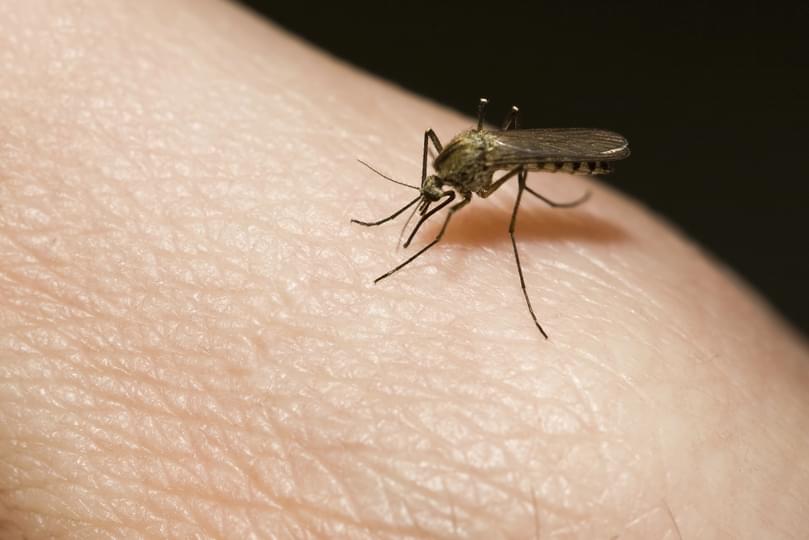
Transparency, future-proofing and improved monitoring are needed if the UK is to pursue the development and use of genetically-modified insects, Oxford Martin School academics have advised.
Genetically modifying insects such as mosquitoes has the potential to curb the spread of deadly diseases such as malaria and dengue, by rendering insects unable to transmit them, and to reduce insect populations to minimise their threat to animals and crops.
Potential modifications include not only gene editing, where genes are inserted into an insect’s DNA in order to alter its function or reduce its fitness, but also gene driving, which causes a gene to spread through a population at a greater rate than would be the case with natural inheritance.
Dr Javier Lezaun, Deputy Director of the Institute for Science, Innovation and Society (InSIS), founded by the Oxford Martin School, and his colleague Christiaan de Koning, were asked by the House of Lords Science and Technology Committee to submit evidence for its inquiry into genetically-modified insects. Professor Michael Bonsall, Principal Investigator on the Oxford Martin Programme on the Future of Food, served as the Specialist Advisor to the committee, which published its report on 17 December.
Launching the report, the committee’s Chairman, John Roundell Palmer, the Earl of Selbourne, called for the government to initiate field trials “to put not only the science but, crucially, the regulations to the test”.
He said the UK had “a moral duty” to test the potential of genetically-modified insects, “for the long-term benefit of those countries where diseases like dengue and malaria are indiscriminate killers”.
The committee concluded that:
- GM insects have considerable potential to control insect-borne disease and agricultural pests, but they are no silver bullet
- that the UK, as a world leader in this area of research, could reap potentially significant economic benefits
- that EU regulation of GMOs is 'failing lamentably', and risks squandering these benefits
- a lack of international guidance on regulation and governance of GM insect technologies could affect the countries who may benefit from these technologies the most.
It gave the following key recommendations:
- The Government must act to ensure that the current regulatory system is able to work properly, and must commit to working with the EU to address how the system could be improved.
- The science, EU regulatory environment and policies on GM insects need to be tested. Government departments should work together in order to instigate a GM insect field trial.
- Alongside the field trials, the Government should initiate a programme of public engagement.
- The Government, through Innovate UK in partnership with the Research Councils, must support the commercialisation of UK-based GM insect research.
- The EU needs to rework its regulation to reflect benefits, not just the risks. Given the evolution of new gene-editing techniques, in the long-term trait-based rather than process-based regulation should be explored.
- Read the House of Lords Science and Technology Committee report on GM insects
- Read the evidence submitted by the Institute for Science, Innovation and Society (InSIS)
- Read Michael Bonsall's blog on GM insects